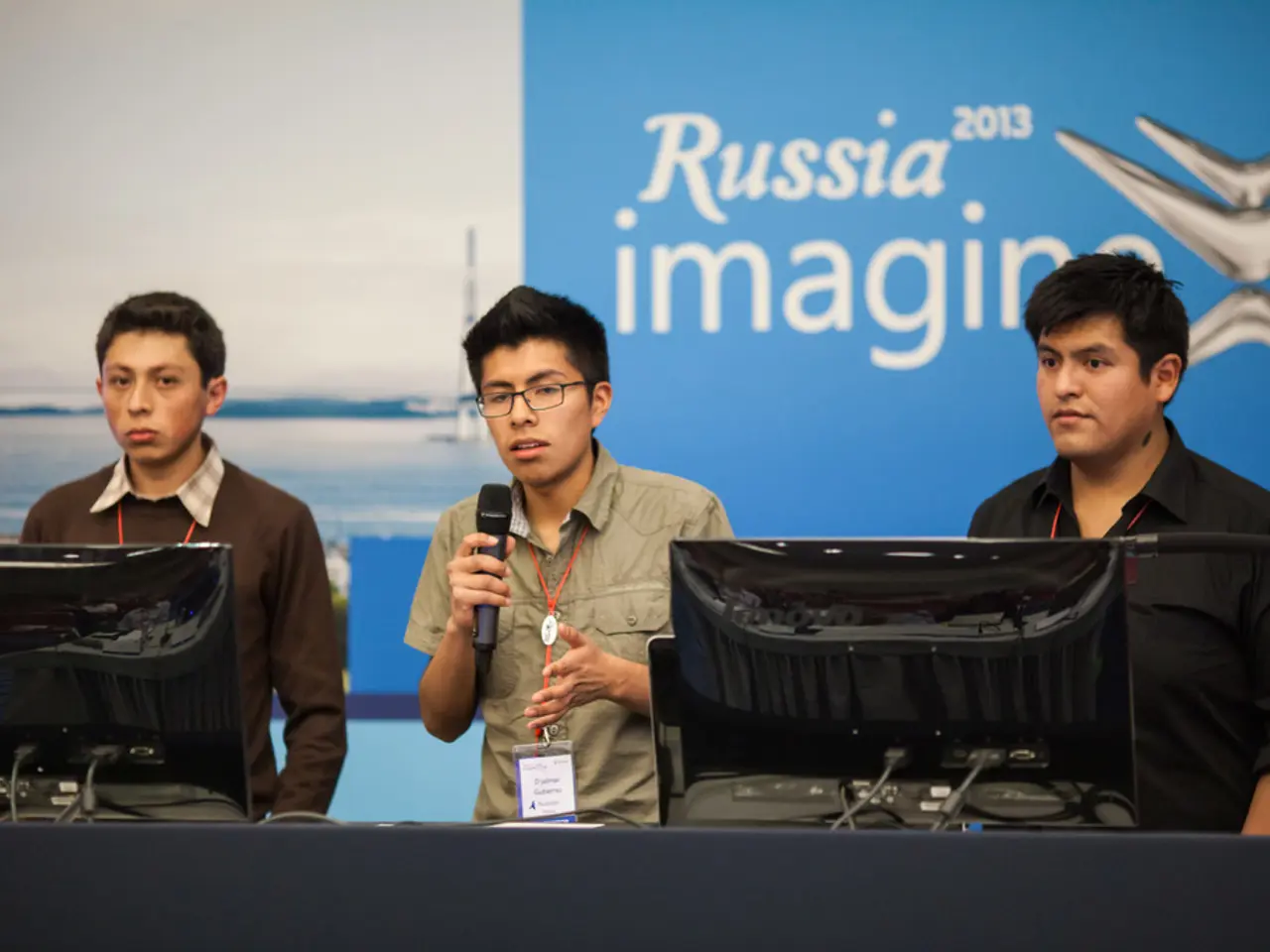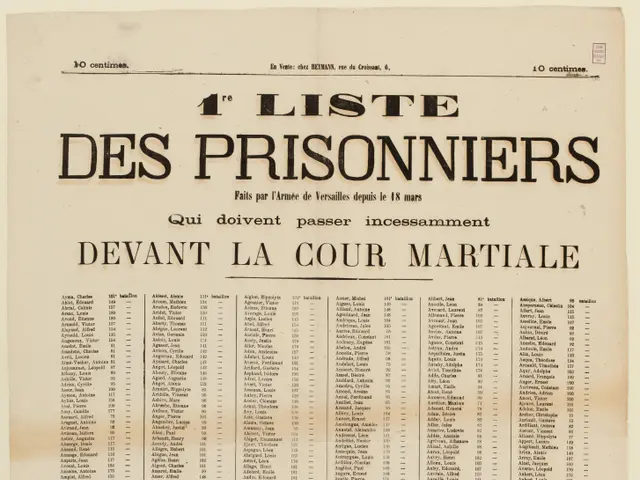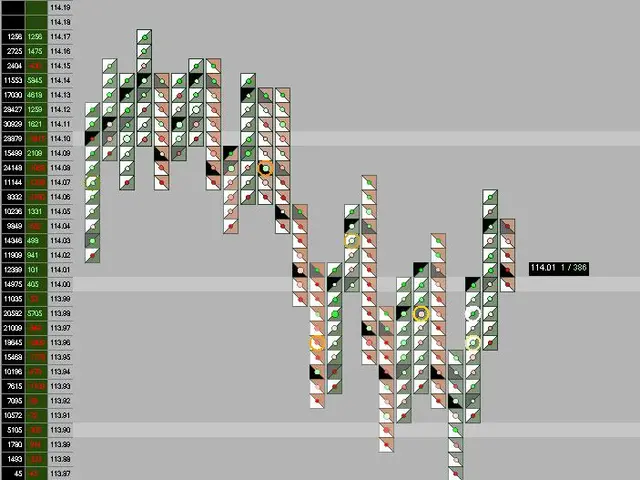Upcoming Modi-Putin-Xi summit may occur sooner rather than later, suggests Russian ambassador - "Unable to resist external pressure"
The United States has significantly increased tariffs on Indian goods to 50% as a retaliatory measure against India's ongoing purchases of Russian crude oil. This move, announced on August 27, 2025, under the Trump administration, aims to pressure India into reducing its imports of Russian oil, which Washington views as indirectly funding Russia's war against Ukraine.
Despite the heavy tariff pressure, India has shown resilience and continues to import Russian crude oil, prioritizing national interests over U.S. trade consequences. Indian refiners and government officials have made it clear that their stance is a matter of national priority, encapsulated in the phrase, "country first, commerce later."
This escalation in US tariffs risks straining the strategically important India-US relationship and could potentially push India closer to deepening energy cooperation with Russia and its allies like China. Indian officials have expressed feelings of unfair treatment, as they have been singled out for trade ties with Russia.
The tariffs seem to be motivating India to sustain or even possibly strengthen its energy links with Russia rather than weaken them. Evgeniy Griva, Deputy Trade Representative of Russia to India, predicts a 10% annual growth in trade between India and Russia.
India's External Affairs Minister, S. Jaishankar, is currently on a three-day official visit to Moscow. He is scheduled to hold bilateral talks with Russian counterpart Sergey Lavrov, co-chair the 26th session of the India-Russia Inter-Governmental Commission on Trade, Economic, Scientific, Technological and Cultural Cooperation (IRIGC-TEC), and speak at the India-Russia Business Forum in Moscow.
During his meeting with Lavrov, Jaishankar will review bilateral ties, discuss regional and global developments, and find ways to strengthen the India-Russia special strategic partnership. The Russian Embassy in India hopes for a trilateral meeting with India and China to take place "sooner rather than later."
Roman Babushkin, Russia's Deputy Chief of Mission in New Delhi, stated that Moscow is confident that India-Russia energy cooperation will continue despite external pressure. India's crude imports from Russia will stay at current levels, according to Babushkin.
The Nayara refinery in India, which faces sanctions from the European Union, receives direct oil supplies from Russia's Rosneft and faces no problems. The discount that Russia offers India on crude oil is 5%. Vladimir Putin is expected to meet PM Modi in New Delhi by the end of this year, but there is no confirmation on the dates yet.
Interestingly, Washington has not announced similar tariffs on China, despite its large purchases of Russian oil. This could indicate a more targeted approach by the US towards India, or it could be a sign of a more complex geopolitical strategy.
In conclusion, while US tariff pressure on India's Russian crude oil purchases has intensified dramatically in 2025, it has so far not coerced India to halt these imports, and it is affecting India-Russia energy cooperation by encouraging India to remain aligned with Russia despite potential economic repercussions from the United States.








